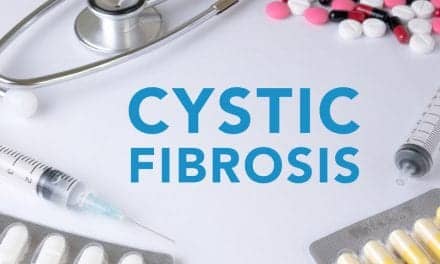A new statement outlines recommendations for physical activity and exercise plans for cystic fibrosis patients.
The Exeter Activity Unlimited Statement is a 24-statement evidence-driven document. The statement was published in Chronic Respiratory Disease.
“The promotion of physical activity for people with complex medical conditions is not usual, although evidence shows it to be effective in disease management,” Craig A. Williams, MD, professor of pediatric physiology and health at the Children’s Health and Exercise Research Centre, Sport and Health Science at the University of Exeter and the Royal Devon and Exeter NHS Foundation Trust Hospital, Exeter, U.K., said in a related press release. “This consensus integrates physiological, psychological and social benefits of being physically active to support clinical teams and help people with cystic fibrosis lead a life unlimited.”
An international, multidisciplinary group of 39 stakeholders that included researchers, health care professionals and patients from 11 countries participated in a virtual conference June 30 and July 1, 2021, to develop evidence-based and informed expert consensus on physical activity and exercise for individuals with cystic fibrosis. Read more here.
Blood Sugar Levels in CF
People with cystic fibrosis (CF) who have abnormal glucose tolerance — higher-than-normal blood sugar levels after eating — are more likely to experience clinical exacerbations of worsening lung function, according to a new study.
This was found to be true even for patients who don’t meet the criteria for a diagnosis of cystic fibrosis-related diabetes (CFRD) — a common complication for people with CF.
Researchers found that determining abnormal blood sugar levels in CF patients through broader testing may help identify those at risk for exacerbations.
“Our study demonstrated that [such testing] … may predict increased incidence of [pulmonary exacerbations] in patients with CF,” the team wrote. Read more here.










